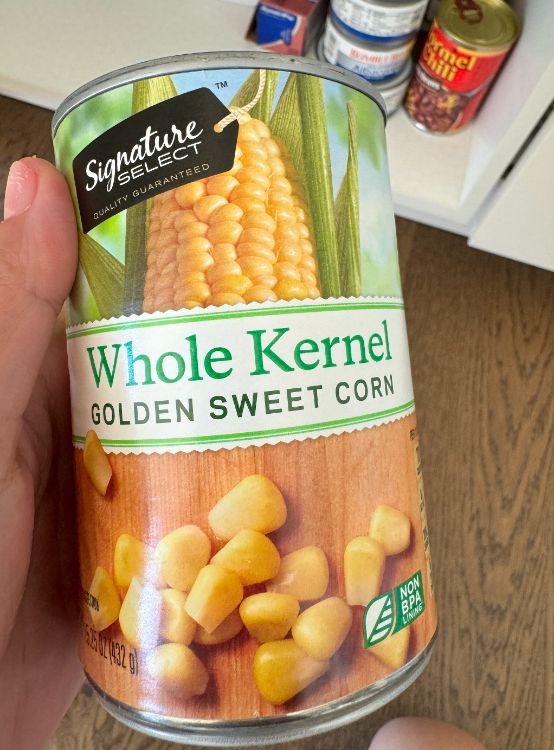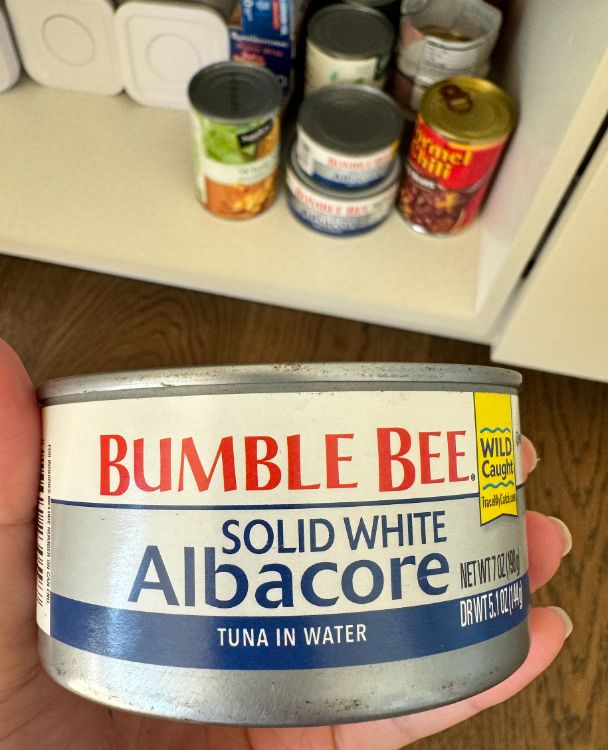Many consumers find “best by” labels on food products confusing, particularly when it comes to canned goods. These dates are often misunderstood as strict expiration dates, but in reality, they represent the manufacturer’s estimate of when the product will be at its best in terms of quality and flavor.
This article will delve into how canned foods like corn, green beans, and tuna can still be safely consumed beyond their “best by” dates, along with tips for proper storage.
The Role of ‘Best By’ Dates
“Best by” dates are meant to indicate the period during which a food product is expected to be at its freshest. Importantly, they do not guarantee food safety beyond that point. For canned foods, the “best by” date suggests the timeframe for peak quality, but if the cans are stored properly, the contents may still be safe to eat well after this date has passed.
Canned Corn

Canned corn is a common item found in many pantries. Fortunately, it can be safe to consume for up to 1-2 years after the “best by” date, provided the can has been stored in a cool, dry place and is free from damage. However, over time, the corn’s texture and flavor may decline.
Before using canned corn, it’s important to inspect the can for any signs of damage such as bulging, rust, or leaks. If you notice any of these issues, it’s safer to discard the can.
Canned Green Beans
Canned green beans, another pantry staple, also have a longer shelf life than the “best by” date might suggest. If stored correctly, canned green beans can remain safe for up to 1-2 years past the date on the label. As with canned corn, the quality may deteriorate over time, affecting the beans’ texture and flavor.
Always check the can for signs of damage before use. If the can appears compromised, it’s best to err on the side of caution and dispose of it.
Canned Tuna

Canned tuna is a versatile, protein-rich food that can last even longer than other canned goods. When stored properly, canned tuna can be safe to eat for up to 3-5 years beyond its “best by” date. However, its quality may gradually decline, so it’s important to inspect the can and its contents before consuming.
When opening canned tuna, pay attention to any unusual odors, textures, or appearances. If the tuna smells off or looks suspicious, it’s better to discard it.
Tips for Storing Canned Foods
To extend the shelf life of your canned goods, follow these storage tips:
– Keep cans in a cool, dry place away from direct sunlight and extreme temperatures.
– Store cans upright to maintain the integrity of the seals.
– Rotate your canned goods, using older items first.
– Handle cans carefully to avoid dents and damage.
– Transfer any leftover contents from opened cans to a sealed container and refrigerate for short-term use.
Conclusion
“Best by” dates on canned foods serve as guidelines for peak quality rather than definitive expiration dates. With proper storage, canned corn, green beans, and tuna can often be safely consumed well beyond these dates. However, always inspect cans for damage and use your best judgment—if something seems off, it’s better to be safe and discard the item. By properly storing and regularly checking your canned goods, you can maximize their shelf life and help reduce food waste.

